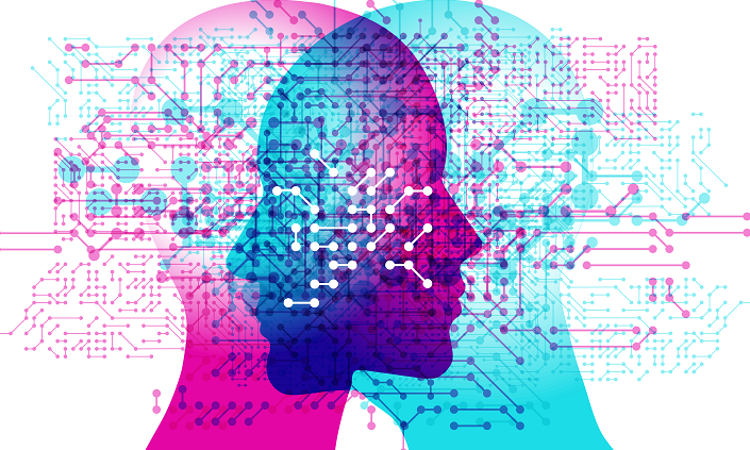Karnataka High Court Issues Notice To Centre Over Prohibition Of Electro Convulsive Therapy For Treating Patients With Mental Illness
Mustafa Plumber
3 Sept 2021 10:45 AM IST

ECT treatment can undo suicidal ideas and attempts in patients, the plea avers.
Next Story


